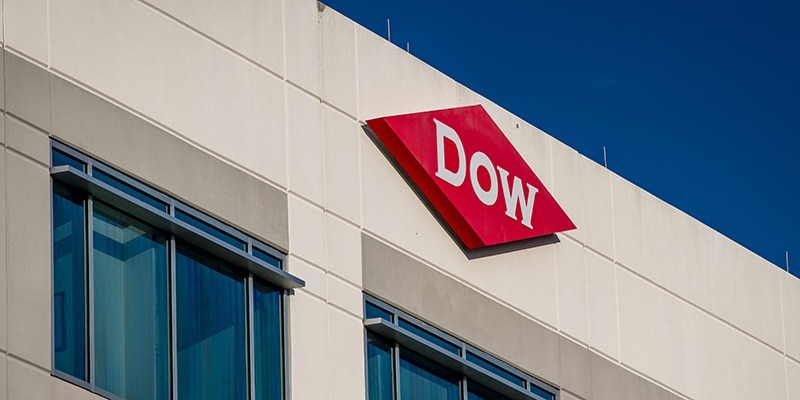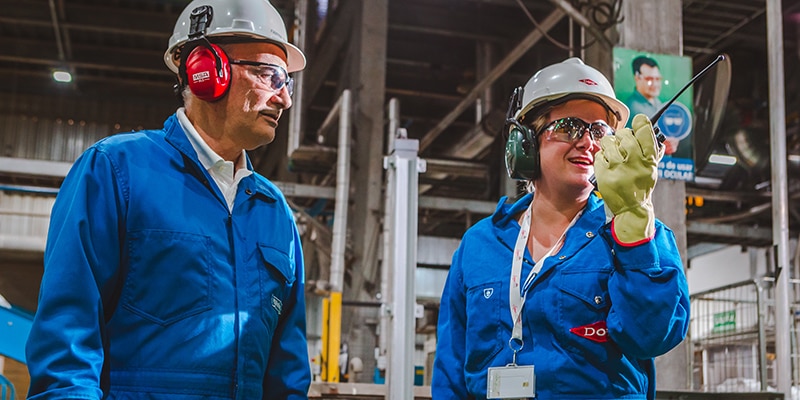The Dow Chemical Company (TDCC) never owned or operated the Bhopal plant. The plant was owned and operated by Union Carbide India Limited (UCIL), a Indian company in which Union Carbide (UCC) held just over half the stock. When UCC — itself a separate company from UCIL — became a subsidiary of TDCC in 2001, TDCC did not assume UCC’s liabilities.
The Dow Chemical Company and Union Carbide
More than 16 years after the Bhopal gas leak, TDCC acquired all of the shares of UCC stock, and UCC became a wholly owned subsidiary of TDCC in February 2001. Dow and UCC did not merge and did not become the same company. Since the 2001 transaction, UCC has operated as a wholly-owned subsidiary of TDCC, with its own assets and liabilities distinct and separate from TDCC’s.
No. While UCC's stock is owned by TDCC, UCC remains a separate company as a TDCC subsidiary. Under well-established principles of corporate law, both in India and the United States, TDCC did not assume UCC's liabilities as part of the 2001 transaction.
Formal legal opinions written by two respected Indian jurists, Senior Counsel, Dr. Abhishek Manu Singhvi and Mr. Arun Jaitely, conclude that TDCC cannot be found liable under the laws of India.
TDCC did not own UCC’s stock during the time the Bhopal plant was operating or at the time of the December 1984 gas release. By the time TDCC purchased UCC’s stock in 2001, more than 16 years after the gas release, UCC had sold its interest in Union Carbide India Limited (UCIL), the entity which operated the plant at Bhopal.
Most important, UCC and UCIL settled all liability claims related to the gas release under a legally-binding settlement with the Union of India approved by the Supreme Court of India in 1989, some 12 years before UCC’s transaction with TDCC. The Court has reviewed the fairness and adequacy of the agreement and has upheld the validity of the agreement three times since 1989: in 1991, 2007, and March of 2023, when the Supreme Court of India dismissed a Curative Petition that would have re-opened the settlement. In the settlement, UCC was not held responsible for the gas release.
No court has ever ruled on UCC’s liability for the gas release or found UCC liable.
In June 2013 in a case addressing the alleged corporate liability of UCC for acts of UCIL regarding remediation of the Bhopal plant site, the U.S. Court of Appeals for the Second Circuit ruled that UCC is not liable for any environmental remediation or related site environmental consequences at the Bhopal plant site in India. The Court stated: “[M]any others living near the Bhopal [India] plant may well have suffered terrible and lasting injuries from a wholly preventable disaster for which someone is responsible. After nine years of contentious litigation and discovery, however, all that the evidence in this case demonstrates is that UCC is not that entity.”
No. Although some have made such an assertion, it is false. TDCC has never paid asbestos claims nor accepted or paid liabilities of any kind on behalf of UCC.
The Supreme Court of India has considered and rejected the argument that additional funds were required from any parties to the settlement agreement, most recently in its 2023 ruling dismissing the Curative Petition filed by the Indian government that had requested additional compensation. In that ruling, the court noted that the Union of India had previously found the settlement amount to be “sufficient to compensate the claimants.”
That original settlement of $470 million was negotiated between the Government of India and UCC and Union Carbide India Limited (UCIL) and approved by the Supreme Court of India in 1989. In 1991 and 2007, the Court considered the adequacy of the settlement, including input from a variety of stakeholders, ruling each time that it was fair and adequate.
In 2006, the Government of India filed an affidavit with the India Supreme Court asserting that the settlement was appropriate and reasonable and that it should not be revisited. In its 2007 decision, the India Supreme Court agreed with this view. At that time, it was noted that the actual amount awarded to individuals and families had been higher than prescribed, with no new claimants stepping forward. The Government of India, through its Welfare Commissioner, reaffirmed the fairness and completeness of the settlement agreement and its implementation in November 2010.
In the event that further funds are needed, the responsible party is clearly the Government of India. In its 1991 reaffirmation of the 1989 Bhopal settlement, the Indian Supreme Court specifically required that the government be responsible for any potential shortfall in the settlement account. This included a directive to the Union of India to obtain a medical insurance policy to cover 100,000 people who might later develop symptoms connected to the gas release – a step the government never took. The Indian Supreme Court, in its 2023 ruling dismissing the Curative Petition, called this “gross negligence on part of the Union of India.”
Further information on Union Carbide (UCC) and the Bhopal tragedy can be found here
www.unioncarbide.com/bhopal.





